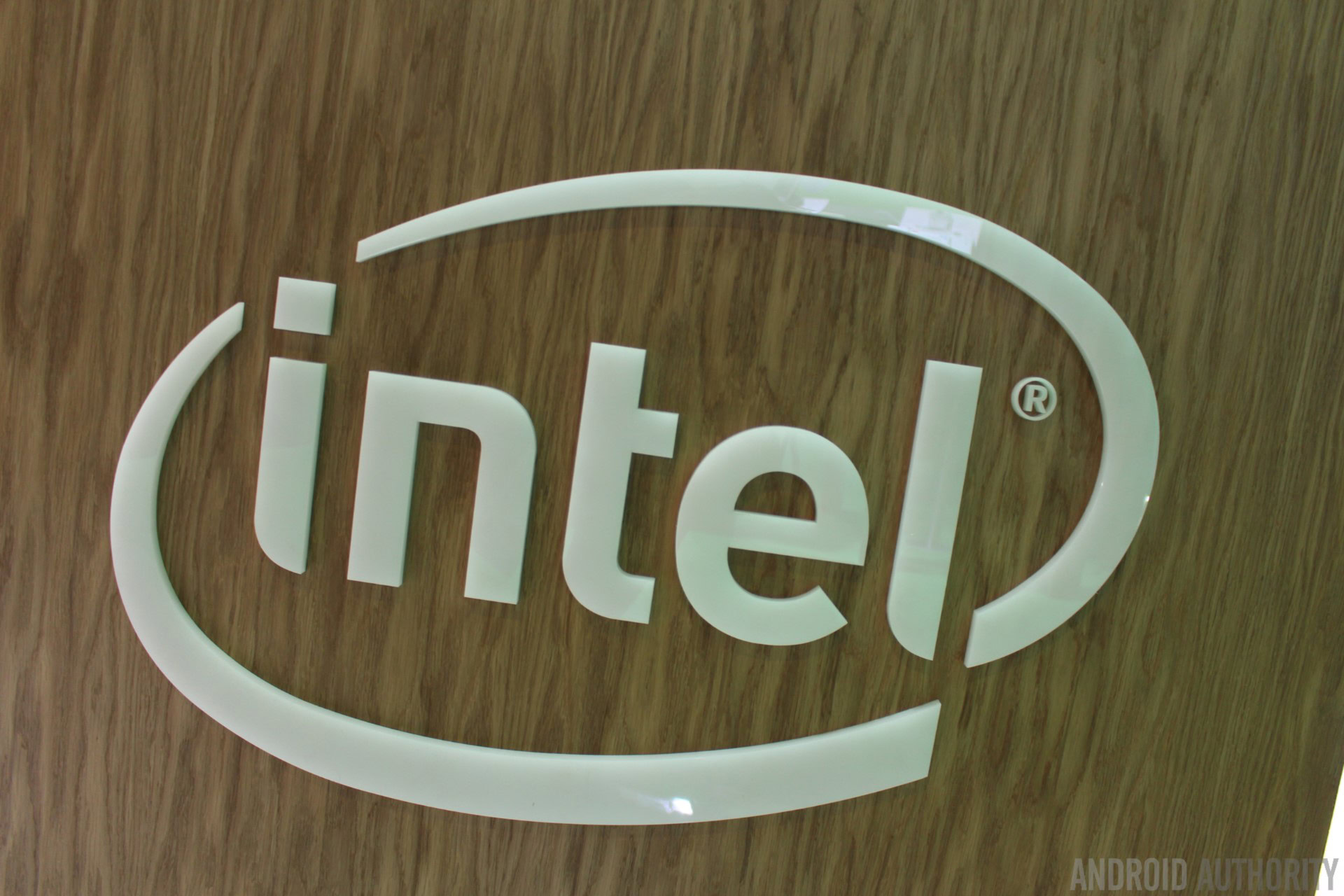Affiliate links on Android Authority may earn us a commission. Learn more.
Intel sides with Apple, accuses Qualcomm of sinister motives

How the tables have turned: Intel is now a victim of anti-competitive practices and has decided to side with Apple against Qualcomm.
Qualcomm has been under fire for its alleged antitrust practices over the past few years: just two years ago, it was slapped with a record-breaking $1 billion fine in China, and in 2016, the American chipmaker faced a similar fine in South Korea, estimated at $853 million. Both follow months long investigations into whether Qualcomm abused its patents to extort billions of dollars from manufacturers like Samsung. Both countries’ regulators concluded that Qualcomm should have charged royalty fees based on each chipset, not on the basis of the wholesale prices of the phones themselves.
Shortly after the South Korean ruling, the dispute spread stateside. The FTC in the US sued Qualcomm over monopolistic tactics, and a few days later, Apple, who has long been one of Qualcomm’s biggest customers, followed suit and filed a $1 billion lawsuit, claiming that Qualcomm has “unfairly insisted on charging royalties for technologies they have nothing to do with.” In turn, Qualcomm accused Apple of withholding patent royalties and has since filed a complaint with the US ITC, asking the organization to ban sales of select iPhone models. Talk about drama, amirite?
Well, as the legal dispute escalates between some of the largest tech-related entities in the US, it seems Apple has found another ally, and rather ironically, it’s Intel. If you recall, Intel was fined a $1.4 billion fine in Europe for its own anti-competitive behavior a few years ago, and now, the company finds itself at the other end of the spectrum. Intel got involved because Qualcomm demanded that Apple replace the Intel-made LTE modems found inside GSM-compatible iPhones, which Qualcomm claims infringe on its patents. And Intel has some strong accusations of its own against Qualcomm:
Qualcomm did not initiate this investigation to stop the alleged infringement of its patent rights; rather, its complaint is a transparent effort to stave off lawful competition from Qualcomm’s only remaining rival. These arrangements foreclosed rivals like Intel from competing for Apple’s vital business.
To be more specific, Intel believes that Qualcomm has been offering Apple its chips for lower prices in order to destroy any remaining competition (i.e. Intel), and it asks the ITC to consider Qualcomm’s history of anticompetitive behavior:
This twisted use of the Commission’s process is just the latest in a long line of anticompetitive strategies that Qualcomm has used to quash incipient and potential competitors and avoid competition on the merits.
Although Qualcomm was found guilty in China and South Korea, it’s likely that the legal dispute will go on for some time, given that the patent battle is now taking place in its home turf between US companies and regulators.